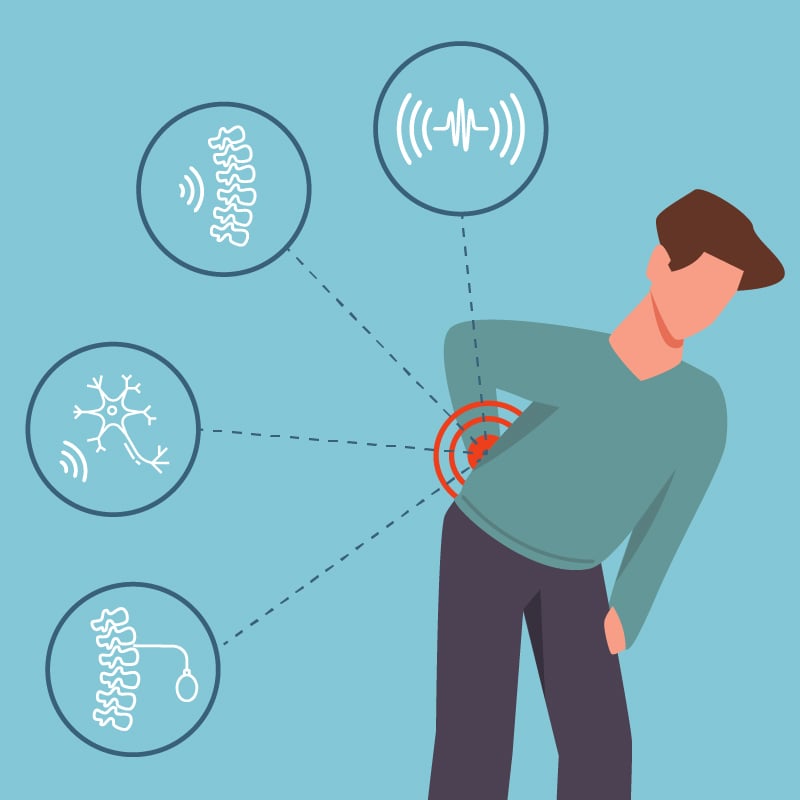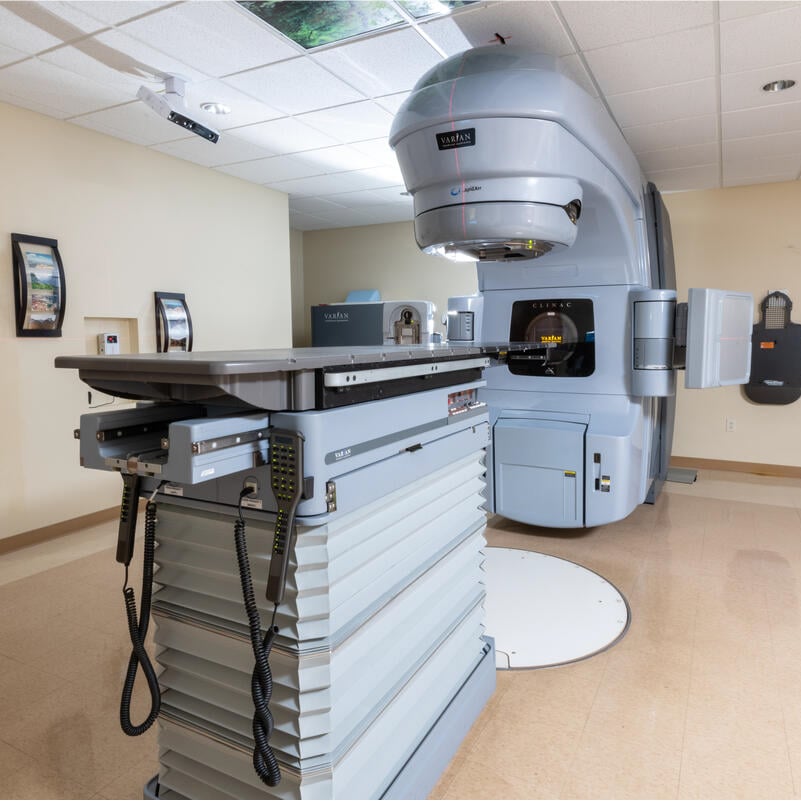Colorectal cancer, which has historically seen 90% of diagnoses in adults over 50, is rapidly increasing in young adults. While medical professionals are unclear on the reason, there are several factors that could contribute, including family history and lifestyle.
Colorectal cancer begins in the colon or the rectum (it can be referred to as colon cancer or rectal cancer, depending on where it starts). Colon cancer and rectal cancer are often grouped together because they have many features in common. Your colon is the final part of your digestive system: it re-absorbs fluids and processes waste from the body to prepare for elimination.
We caught up with Dr. Greg Connolly, a Medical Oncologist and Hematologist with Rochester Regional Health’s Lipson Cancer Institute, to discuss how to best prevent the disease and diagnose possible symptoms.
Because common colorectal cancer symptoms are similar to symptoms of conditions like IBS (irritable bowel syndrome), how can a person know if their symptoms are pointing to colorectal cancer?
Dr. Connolly: Even though we have good screening tests for colorectal cancer allowing us to diagnose early stages, the majority of patients with colorectal cancer present with symptoms. One common symptom is a change in bowel habits such as a change in appearance or size of the stool and constipation, Patients may also present with blood in the stool, abdominal pain, or bloating.
It is helpful to have a sense for what your typical bowel habits are like so that a change from your typical bowel habits can be recognized. If you have concerning symptoms that change from your baseline, you should always seek medical evaluation.
It is true that many other medical conditions such as IBS, hemorrhoids or diverticulitis can present with similar symptoms as colorectal cancer. Patients with IBS usually will not have blood in their stool but they present with abdominal pain or constipation. It is important to talk to your doctor if you experience a change from your baseline so they can decide if other testing is needed to sort it out.
About 10% of colon cancers present with iron deficiency or anemia. Right-sided colon cancers in particular. Is low iron a cause for concern?
Dr. Connolly: Colon cancer can cause bleeding into the bowel. Over time this bleeding can lead to low red blood cells or anemia as well as iron deficiency. There are other causes for anemia and iron deficiency such as menstrual blood loss. But if there is no other explanation, we usually recommend testing to make sure that colorectal cancer is not the cause of low iron or anemia.
Iron deficiency and anemia can cause fatigue, shortness of breath and other symptoms so again you should check with your doctor if you have persistent symptoms like this, and a simple blood test can be done to assess for anemia or low iron.
What causes colorectal cancer? Are there ways to prevent it?
Dr. Connolly: Colon cancer develops from pre-cancerous polyps in the lining of the bowel. It usually takes many years for a polyp to turn into cancer. One benefit of colonoscopy screening for colon cancer is that polyps can be removed before they even turn into cancer.
A family history of colon cancer increases risk of you getting colorectal cancer. A small percentage of colon cancers are caused by inherited genetic abnormalities. These familial and genetic conditions can change screening recommendations so it is helpful to know your family history.
There are some other ways we can reduce risk of colorectal cancer. We have pretty good evidence that obesity and lack of physical activity are associated with increased risk of many cancers including colorectal cancer. So it is very important to try to maintain a healthy weight and get some physical exercise most days of the week. Smoking and having 2 or more alcoholic drinks per day is also associated with increased risk. There are many other benefits to avoiding smoking and excessive alcohol use. Dietary factors also likely play a role. Dietary fiber, fruits and vegetables seem to be beneficial and decrease risk. Whereas red meats and processed meats are associated with higher risk.
Is there any clear research on why cases are rising so rapidly in young adults under 50?
Dr. Greg Connolly: We are seeing an alarming increase rate of colorectal cancer in people less than 50 years old. This is in contrast to the dropping rates in older population which is likely due to improved screening and lower rates of smoking.
We really do not know for sure why rates are increasing in younger people. Increasing rates of obesity especially in children and more sedentary lifestyle could definitely be playing a role. We also wonder if environmental and dietary factors could be why we are seeing more cases in younger patients.
Eat well, know your family history, exercise, and avoid alcohol and tobacco. The bottom line is that colorectal cancer is preventable, treatable and beatable.







